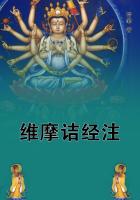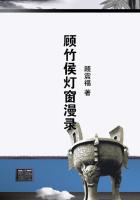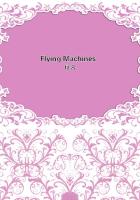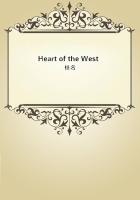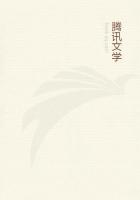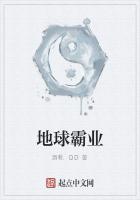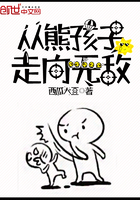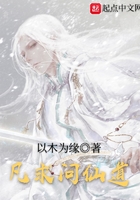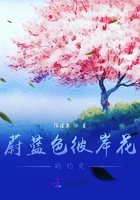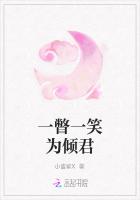Yes, the Lord be thanked. And here is your favorite pink soap and towels from your aunts," she said, putting the soap on the table and hanging the towels over the back of a chair.
"There is everything here," said Tikhon, defending the visitor's independence, and pointing to Nekhludoff's open dressing case filled with brushes, perfume, fixatoire, a great many bottles with silver lids and all sorts of toilet appliances.
"Thank my aunts, please. Oh, how glad I am to be here," said Nekhludoff, his heart filling with light and tenderness as of old.
She only smiled in answer to these words, and went out. The aunts, who had always loved Nekhludoff, welcomed him this time more warmly than ever. Dmitri was going to the war, where he might be wounded or killed, and this touched the old aunts.
Nekhludoff had arranged to stay only a day and night with his aunts, but when he had seen Katusha he agreed to stay over Easter with them and telegraphed to his friend Schonbock, whom he was to have joined in Odessa, that he should come and meet him at his aunts' instead.
As soon as he had seen Katusha Nekhludoff's old feelings toward her awoke again. Now, just as then, he could not see her white apron without getting excited; he could not listen to her steps, her voice, her laugh, without a feeling of joy; he could not look at her eyes, black as sloes, without a feeling of tenderness, especially when she smiled; and, above all, he could not notice without agitation how she blushed when they met. He felt he was in love, but not as before, when this love was a kind of mystery to him and he would not own, even to himself, that he loved, and when he was persuaded that one could love only once; now he knew he was in love and was glad of it, and knew dimly what this love consisted of and what it might lead to, though he sought to conceal it even from himself. In Nekhludoff, as in every man, there were two beings: one the spiritual, seeking only that kind of happiness for him self which should tend towards the happiness of all; the other, the animal man, seeking only his own happiness, and ready to sacrifice to it the happiness of the rest of the world. At this period of his mania of self-love brought on by life in Petersburg and in the army, this animal man ruled supreme and completely crushed the spiritual man in him.
But when he saw Katusha and experienced the same feelings as he had had three years before, the spiritual man in him raised its head once more and began to assert its rights. And up to Easter, during two whole days, an unconscious, ceaseless inner struggle went on in him.
He knew in the depths of his soul that he ought to go away, that there was no real reason for staying on with his aunts, knew that no good could come of it; and yet it was so pleasant, so delightful, that he did not honestly acknowledge the facts to himself and stayed on. On Easter eve, the priest and the deacon who came to the house to say mass had had (so they said) the greatest difficulty in getting over the three miles that lay between the church and the old ladies' house, coming across the puddles and the bare earth in a sledge.
Nekhludoff attended the mass with his aunts and the servants, and kept looking at Katusha, who was near the door and brought in the censers for the priests. Then having given the priests and his aunts the Easter kiss, though it was not midnight and therefore not Easter yet, he was already going to bed when he heard the old servant Matrona Pavlovna preparing to go to the church to get the koulitch and paski [Easter cakes] blest after the midnight service. "I shall go too," he thought.
The road to the church was impassable either in a sledge or on wheels, so Nekhludoff, who behaved in his aunts' house just as he did at home, ordered the old horse, "the brother's horse," to be saddled, and instead of going to bed he put on his gay uniform, a pair of tight-fitting riding breeches and his overcoat, and got on the old over-fed and heavy horse, which neighed continually all the way as he rode in the dark through the puddles and snow to the church.

